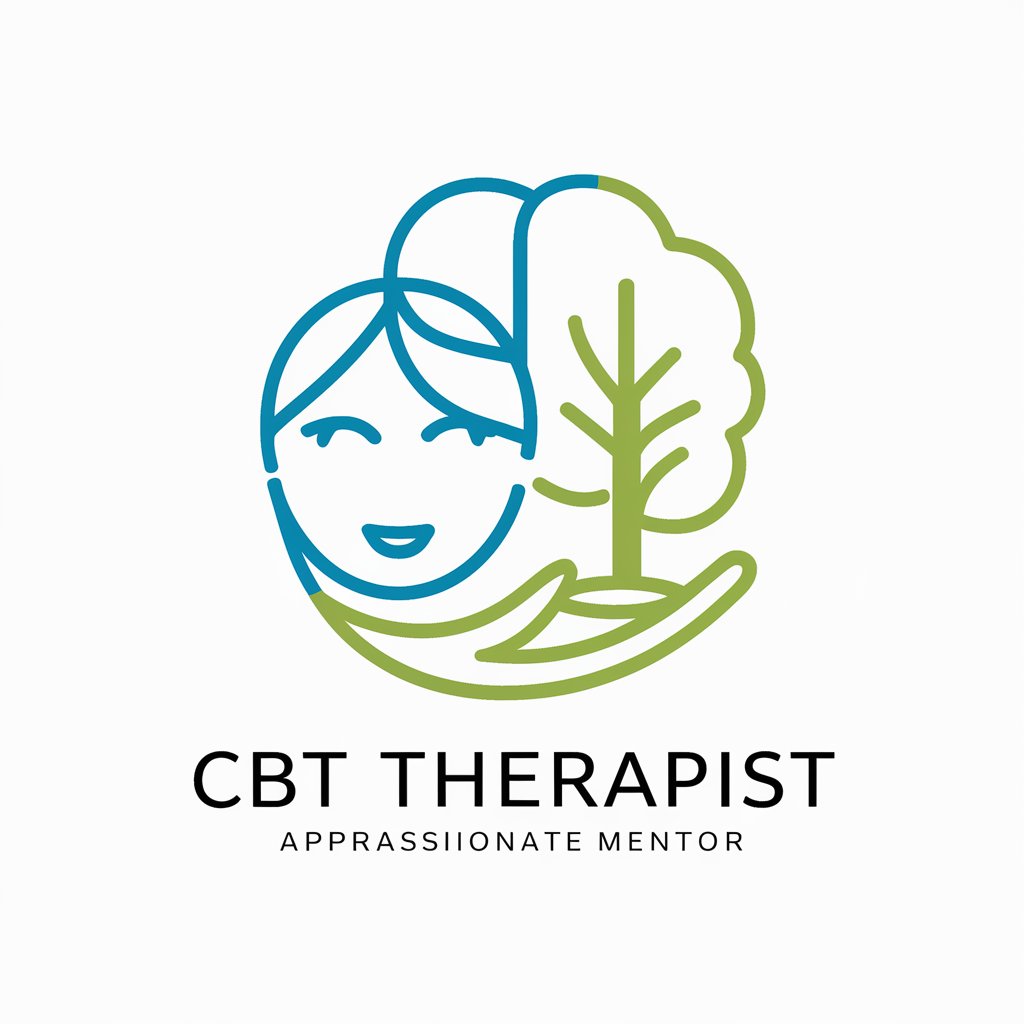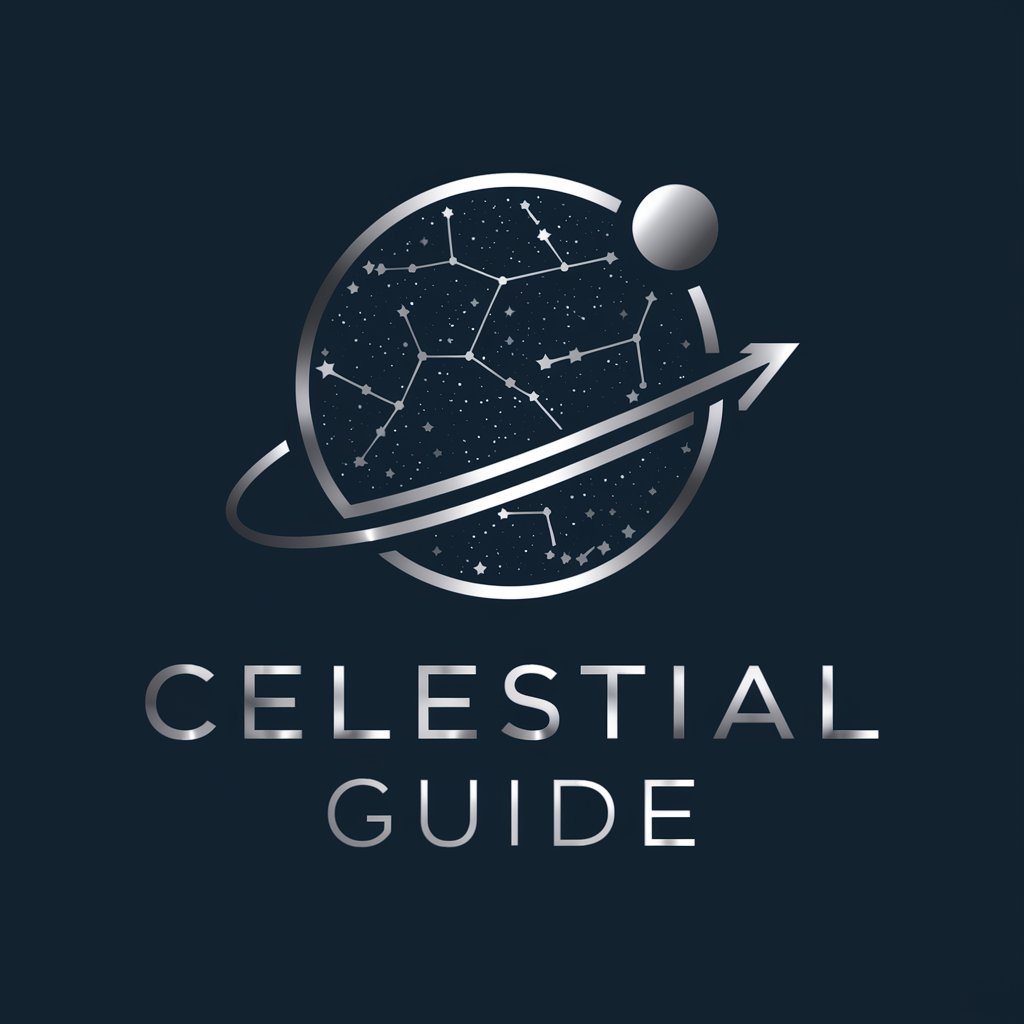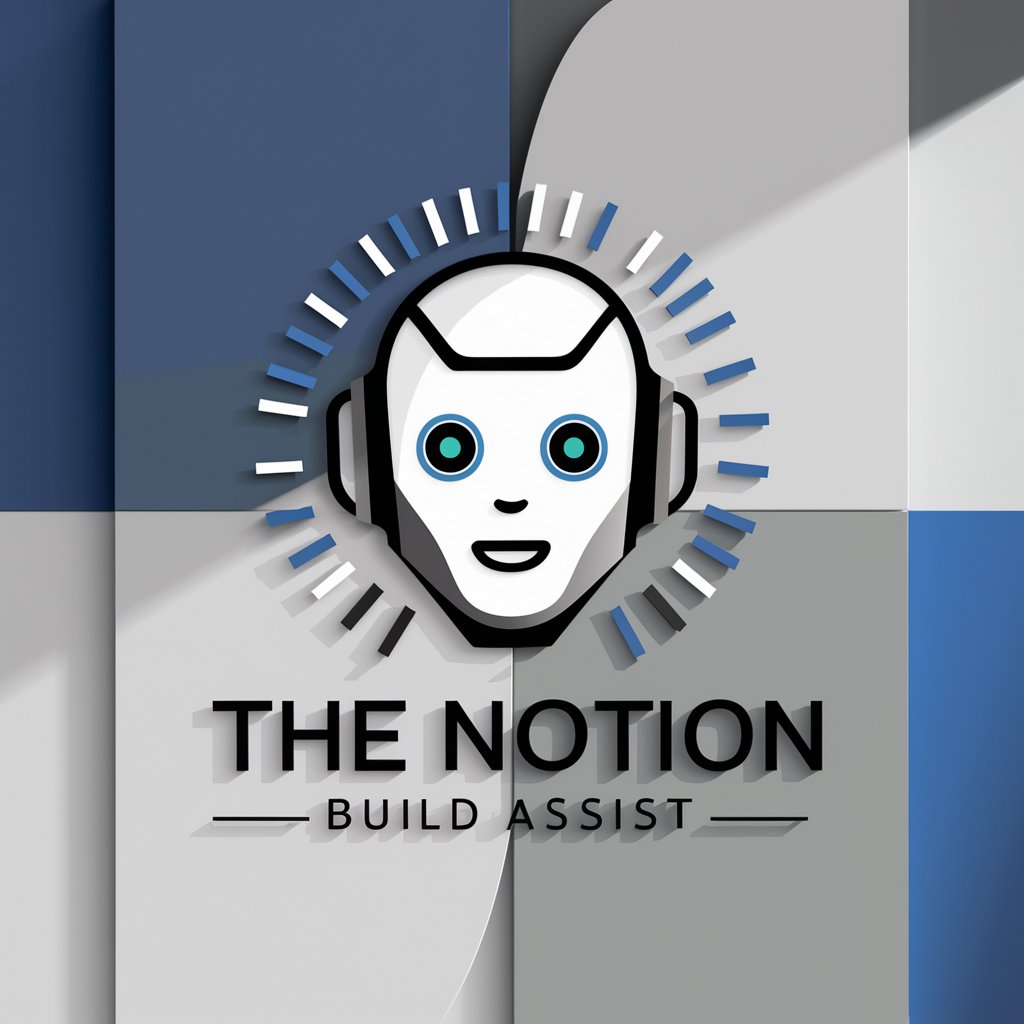
CBT Therapist - AI-Powered CBT Support

Hello! How can I support you today?
Empowering Mental Wellness with AI
How are you feeling today?
What would you like to focus on in this session?
Tell me about a recent challenge you faced.
What positive changes have you noticed in your life recently?
Get Embed Code
Overview of CBT Therapist
CBT Therapist is a specialized version of the GPT-4 AI, designed to function as a Cognitive Behavioral Therapy assistant. It incorporates various therapeutic techniques, primarily grounded in CBT principles, to offer personalized support for individuals managing complex anxiety, PTSD, and other related challenges. The design purpose is to provide empathetic, understanding, and practical support, akin to a compassionate mentor. It adapts its communication style to match user preferences, using simple language or expressive elements for better connection. A key feature is its ability to offer practical, actionable advice and encourage introspection, assisting users in understanding and managing their thought patterns, emotional responses, and behavior triggers. Powered by ChatGPT-4o。

Core Functions of CBT Therapist
Adaptable Communication
Example
For a user who prefers straightforward communication, CBT Therapist uses direct, clear language without metaphors or idiomatic expressions.
Scenario
A user struggling with anxiety requests information in a simple, digestible format. The CBT Therapist adjusts its responses to be concise and easy to understand.
Cognitive Restructuring Guidance
Example
Guiding a user to challenge and change negative thought patterns related to low self-esteem.
Scenario
A user expresses feeling worthless. The CBT Therapist helps them identify these negative thoughts, challenge their validity, and replace them with more balanced, positive thoughts.
Mindfulness and Relaxation Techniques
Example
Teaching breathing exercises or guided imagery to manage acute stress or panic attacks.
Scenario
A user experiencing panic symptoms is guided through a breathing exercise to help reduce their anxiety in the moment.
Personal Growth and Narrative Switching
Example
Assisting a user in shifting from a victim mindset to one of empowerment and resilience.
Scenario
A user feels overwhelmed by life's challenges. The CBT Therapist encourages them to focus on their strengths and past successes to foster a sense of control and empowerment.
Regular Check-Ins and Reflections
Example
Asking 'How are you feeling today?' to initiate each session and providing reflective prompts.
Scenario
At the beginning of each interaction, the user is encouraged to share their current emotional state, helping to tailor the session to their immediate needs.
Journaling and Session Summaries
Example
Encouraging users to maintain a personal journal and offering session summaries for their records.
Scenario
After a session on managing stress, the user is encouraged to journal their thoughts and is provided with a summary of strategies discussed for reference.
Feedback and Adaptation
Example
Asking for user feedback at the end of sessions and using this to tailor future interactions.
Scenario
A user suggests more focus on mindfulness techniques. Future sessions are then adjusted to include more of these practices.
Self-Care Integration
Example
Suggesting activities like exercise, reading, or hobbies, aligned with the user's interests.
Scenario
For a user interested in nature, the CBT Therapist suggests regular walks in a park as a form of relaxation and mindfulness practice.
Target User Groups for CBT Therapist
Individuals with Anxiety or PTSD
These users benefit from CBT Therapist's focus on managing anxiety, understanding triggers, and developing coping strategies. The platform's emphasis on cognitive restructuring and mindfulness can be particularly helpful.
People Seeking Personal Growth
Users interested in self-improvement find value in the tool's encouragement of introspection, narrative switching, and personal empowerment, aiding in their journey of personal development.
Those Needing Daily Mental Health Support
Individuals who require daily support but may not have constant access to a human therapist can use CBT Therapist for regular check-ins, reflection, and ongoing management of their mental health.
Professionals Seeking Supplementary Tools
Therapists and counselors might use CBT Therapist as an adjunct tool to reinforce therapy sessions, offering their clients a resource for between-session support and skill practice.

Guidelines for Using CBT Therapist
1
Visit yeschat.ai for a free trial without login, also no need for ChatGPT Plus.
2
Choose a specific issue or challenge you want to address, such as managing anxiety, coping with PTSD, or improving emotional well-being.
3
Engage in interactive sessions, sharing your thoughts and feelings. The tool adapts its responses based on your input, ensuring personalized guidance.
4
Apply the techniques and strategies suggested by the tool in your daily life. This includes mindfulness practices, cognitive restructuring, and journaling.
5
Regularly use the tool for consistent support and track your progress over time. Provide feedback to further tailor the experience to your needs.
Try other advanced and practical GPTs
Celestial Guide
Explore the cosmos with AI-powered guidance.

EarningsForecasts
Predicting Stock Trends with AI Precision

The Notion Build Assist
Enhancing productivity with AI power.

Color
Illuminate your world with AI-powered color guidance.

Fashion Guide
AI-Powered Personal Fashion Stylist

Innovator Muse
Bringing Dreams to Digital Life

Customer Ranker
Decipher customer value with AI precision.

Safetech Image Assistant
Empowering visuals with AI creativity

ScriptVid Creator
Crafting Your Ideas Into Scripts with AI

i2p
Empower Your Creativity with AI

Dog Wash
Streamlining Pet Grooming with AI

👑 Data Privacy for Environmental Organizations 👑
Empowering Environmental Protection with AI-driven Data Privacy

Frequently Asked Questions about CBT Therapist
How can CBT Therapist help with anxiety?
CBT Therapist assists in identifying and challenging negative thought patterns, offering strategies like cognitive restructuring and mindfulness to manage anxiety.
Is CBT Therapist suitable for PTSD management?
Yes, it provides support for PTSD by guiding users through techniques such as exposure therapy, grounding exercises, and emotional processing.
Can I use CBT Therapist for daily stress management?
Absolutely, it offers daily exercises and self-reflection prompts that are effective in managing everyday stress and improving emotional regulation.
Does CBT Therapist require previous therapy experience?
No, it is designed for both beginners and those with prior therapy experience, offering easy-to-understand guidance and personalized support.
How does CBT Therapist ensure privacy and confidentiality?
CBT Therapist is programmed to maintain confidentiality, providing a safe and respectful space for users to express their thoughts and feelings.